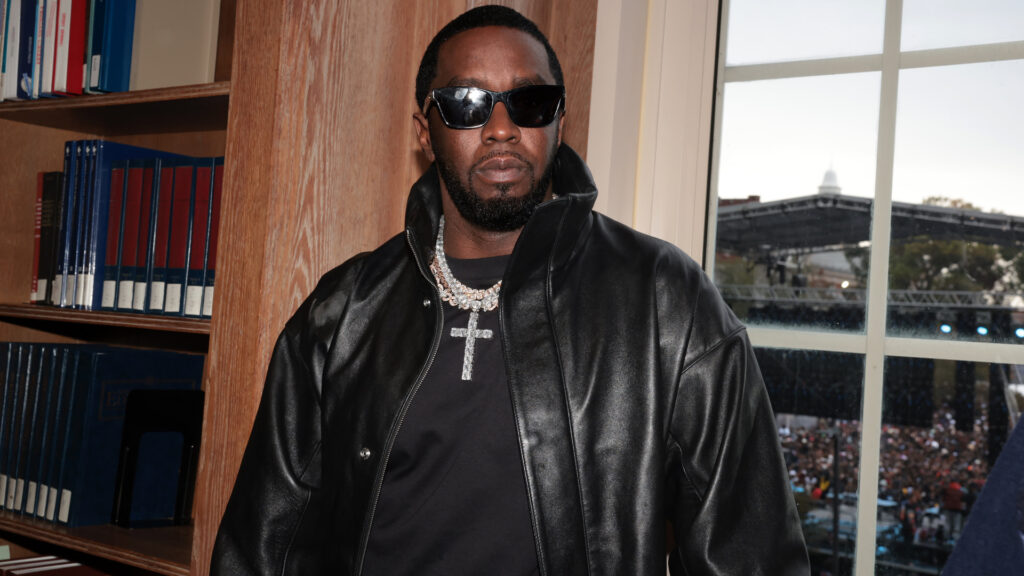Jurors have reached a split verdict in Diddy‘s case.
After a weeks-long trial that dominated the news cycle, the jury in the Bad Boy Records mogul’s federal sex trafficking and racketeering case came to a decision on Wednesday, July 2. Specifically, Diddy was found guilty of transportation for prostitution, but not guilty of sex trafficking and racketeering.
Since his arrest in New York last September, Diddy, born Sean Combs, has remained behind bars. A push for a mistrial was mentioned more than once by Diddy’s legal team throughout the proceedings, which counted testimony from former romantic partner Cassie Ventura, who previously sued Combs, and Kid Cudi, whose time on the stand included questions about the alleged targeting of his car with a Molotov cocktail.
As detailed throughout extensive on-the-ground reporting from Shawn Setaro for Complex, the trial proved to be an intense battle of narratives, with both prosecutors and Diddy’s legal team providing competing explanations for the mogul’s alleged behavior. On Tuesday, June 24, the government rested its case, followed by the defense opting to eschew testimony, including from Diddy himself.
“I want to tell you thank you,” Diddy told Judge Arun Subramanian when confirming his decision not to testify on his own behalf. “You’re doing an excellent job.”
While much of the coverage of the case focused on what actually happened in the courtroom, what transpired outside its doors also received attention. The artist formerly known as Kanye West, for example, repeatedly offered public support, at one point showing up to the trial. Alternatively, 50 Cent never missed a chance to mock Diddy and/or tease his forthcoming Combs-focused documentary. Meanwhile, Justin Combs was reportedly met with a urination-related request outside the courthouse.
“Through the entire context of the relationship, Cassie did not have the freedom to make voluntary adult choices the defense told you about,” Assistant U.S. Attorney Christy Slavik said when giving the prosecution’s closing argument. “She told you in excruciating detail how her relationship with the defendant robbed her of her self-confidence and her self-worth and how the freak offs took her agency and her autonomy.”

Slavik also argued that Diddy’s money, power, and influence prevented him from being held accountable in the past.
“It’s time for justice,” Slavik said. “It’s time to find the defendant guilty.”
Diddy’s lead defense attorney Marc Agnifilo seemingly looked to Charles Dickens for inspiration when calling the Diddy case “a tale of two trials.” Agnifilo took specific issue with the racketeering allegation, arguing instead that Diddy’s businesses were “wonderful, sophisticated, [and] real.”
Deliberations began on June 30, with Diddy reported to have brought Norman Vincent Peale’s The Power of Positive Thinking and Shawn Achor’s The Happiness Advantage: The Seven Principles of Positive Psychology That Fuel Success and Performance at Work with him to the courtroom.
As for the specifics of the actual legal case against Diddy, Shawn recently broke that down for Complex here, with the racketeering charge simultaneously billed as both the most “complex and serious” charge. Both sides zeroed in on the racketeering aspects of the case throughout the trial, albeit with different intents.
Next for Diddy is sentencing. At one point, he was technically facing the possibility of a life sentence. Before the trial, he turned down a would-be plea deal.
This story is being updated.



